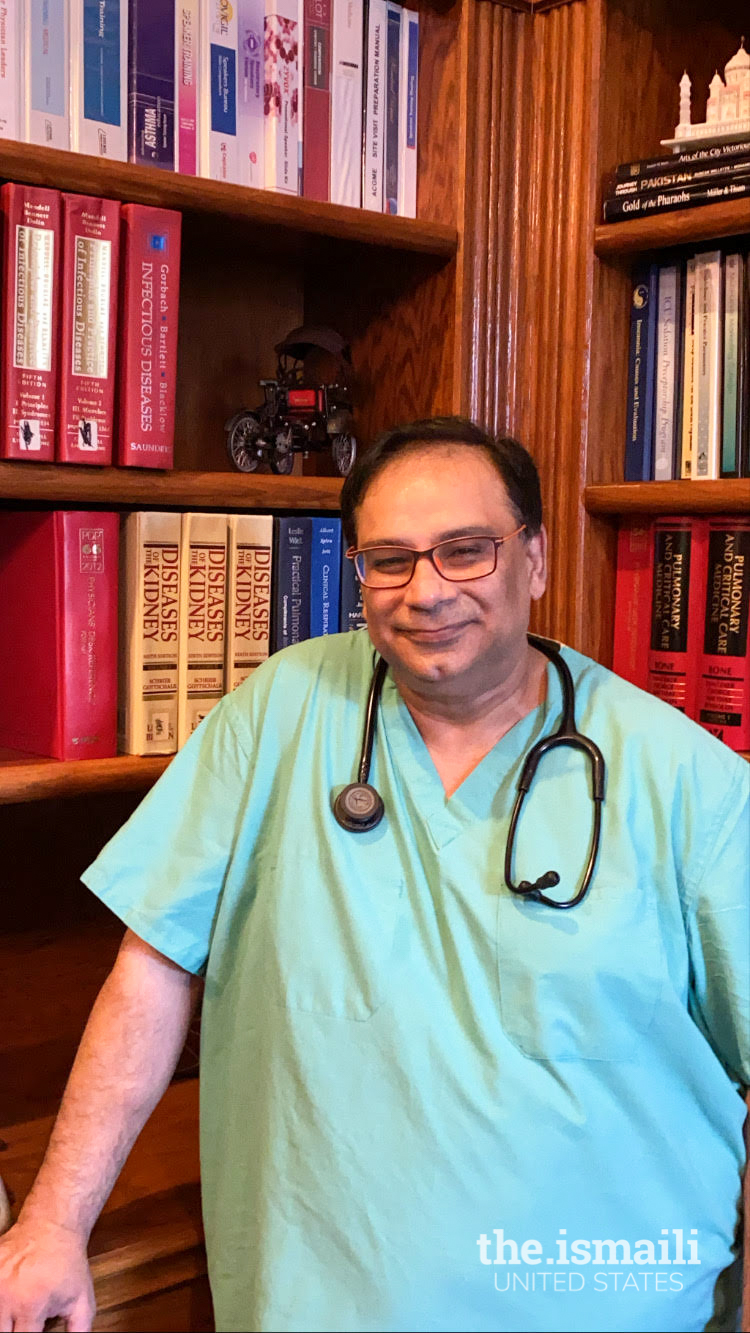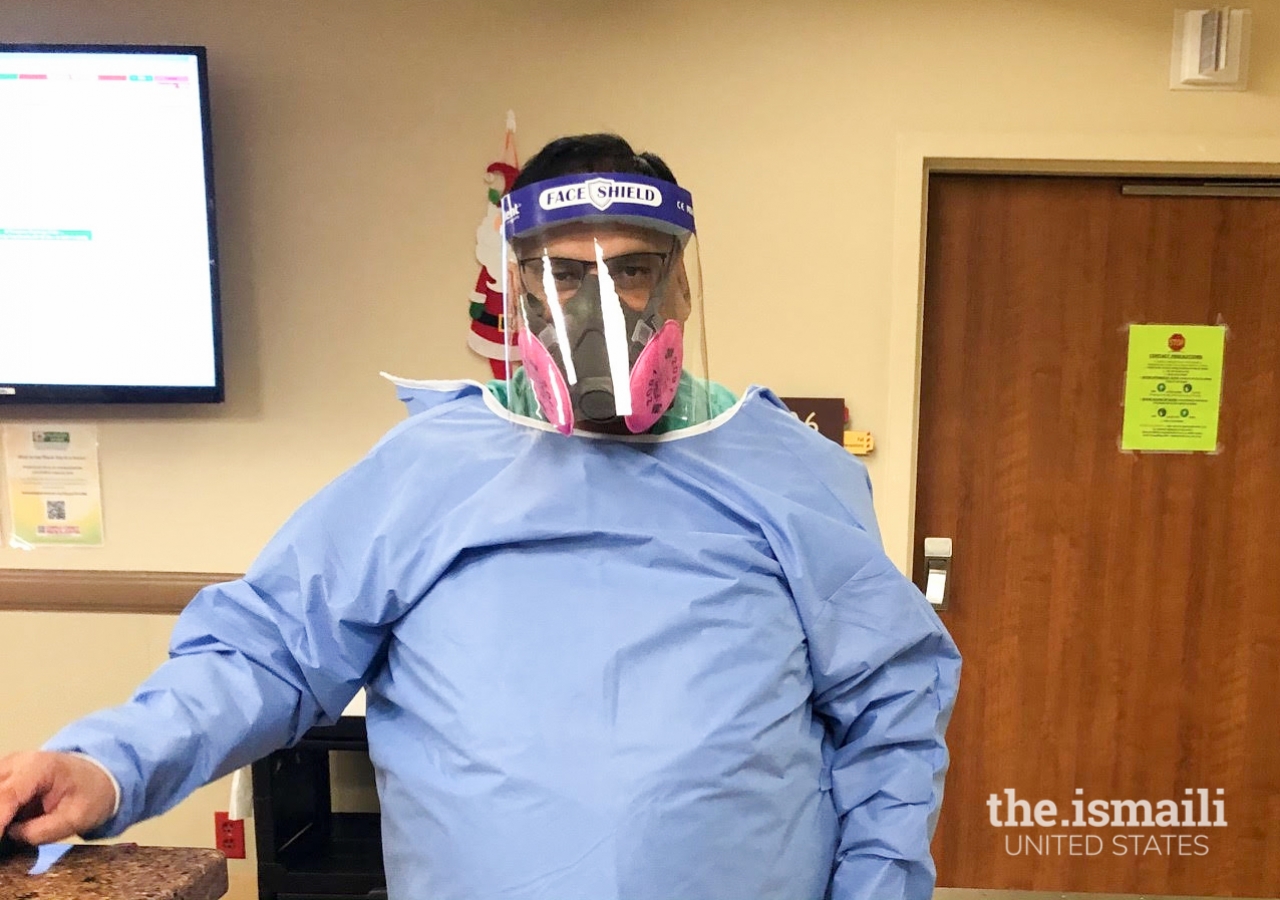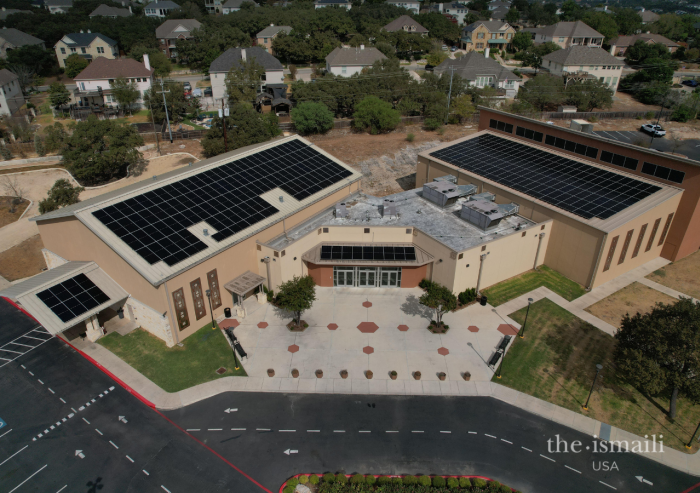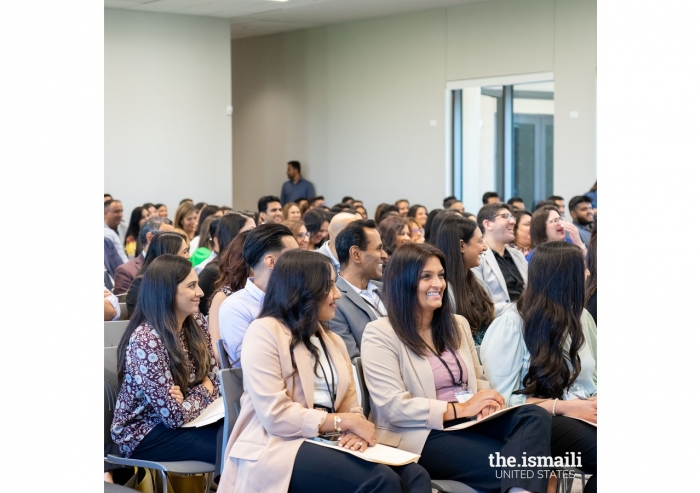Dr. Surani is Chair of Critical Care Services at Corpus Christi Medical Center, Texas. He serves also as Adjunct Clinical Professor of Medicine, Department of Pulmonary, Critical Care & Sleep Medicine at Texas A&M University. He does all this while also being the Mukisaheb of Corpus Christi Jamatkhana.
In your professional career, how are you coping with COVID-19 patients, stress on the hospital, yourself, and family?
Taking care of patients in the ICU for more than two decades prepares you for everything you can think of. Even then, the COVID-19 pandemic has been different in many ways than what most of the physicians, including myself, had anticipated. Normally, when patients are sick and dying in the ICU, there are family members around them and some form of a support system. However, with COVID-19, due to the issues of controlling infection rates, no visitors were allowed, resulting in very challenging scenarios where patients were dying alone, and we became the extended family. This was extremely tough and challenging.
What about the impact on the hospital setting?
When the COVID-19 surge was happening and hospitals were operating way above their capacity, patients were very sick, with many of them on ventilators not making it. These patients were in an age group ranging from the 20s to the 90s, and there was a tremendous demand placed on the nursing care. As the ICU leader, not only was I taking care of three to four times the normal number of patients, but also providing a support system and hope for the patients, nurses, allied healthcare staff, and the medical residents. In this moment of crisis, healthcare providers were at their best, sticking together with one another and the patients, working like a team, in ways we never anticipated.
How did your family cope with this stress?
Dr. Salim

We had to make a lot of adjustments. Since I have an elderly parent at home, I had to keep a physical distance from my family. My routine when I come home is to take my shoes off in the hot zone, shower, and then spend the majority of time in my own room but go into the kitchen to eat, preferably when no one is there. We communicate via phone, even while all at home together. We minimize interaction. One nice thing is that I eat dessert every day as a treat. Every day you go, you are not sure if you may be sick, admitted to the hospital, or what your future holds. Patient care remains the topmost priority of our whole team. We always hold service above self, and patient care above everything else.
Salim’s wife, Zehra, affirms the precautions his family has taken, saying, “It has certainly been an adjustment for our family: creating a red zone when he first walks in, eating at different times, avoiding sitting too close to one another. But we know this is what is best right now, and we are grateful that he is able to serve the Jamat and the community in this capacity.”
What have been some of your observations during this crisis?
This pandemic has been met with confusion and chaos due to the mixed messaging by national and global leadership. Simple life-saving measures have been considered a sign of weakness and stupidity. Inside the hospital, among frontline workers, these life-saving measures are used every day, and the questioning of the purpose of these methods is a reality that is very scary and shocking, causing a surge in cases and for healthcare capacity to be compromised. When one goes out in public, some think that these measures have been overblown and it's all a one-party agenda to create a scare around COVID-19. Mixed messaging has been the key component in failing to prevent the spread of the pandemic. In spite of all of this, volunteerism of millennials and philanthropy of the population as a whole has been witnessed globally.
Is there anything about patients that you can shed light on which could be useful for the Jamat to incorporate as they manage themselves?
Having seen many patients on their deathbeds in the ICU, with no family members around them is the most painful sight I have seen as a physician. Everyone’s one wish is to have spent more time with their family. Life is short and uncertain, so value the things which are of real significance to you. Having seen so many neighbors checking on the elderly in their neighborhood, especially those living alone has been commendable. The way faith-based organizations have adopted the virtual medium is commendable. I-CERV and other volunteers in the Jamat have checked on seniors and delivered warm meals. It is important that during this time, we all take care of one another.
Is there anything new that stands out as a trend during this pandemic, from the perspective of your patients, or changes in medicine that you feel will improve?
This is the time when science has worked at a remarkable pace. Vaccines that would have taken three to ten years to develop were studied with success in less than a year. Medical trials have been conducted at a record pace. Even in the supply chain, whether PPE, toilet paper, food, or ventilators, information sharing, and resource mobilization have been done at the fastest pace yet. The only challenge is that press releases in the media always receive more attention than peer-reviewed articles in research, which muddies a lot of facts and results, leading to some erosion of public trust.
How do you continue to balance work and life during this challenging outbreak?
There is not much of a balance, as patient care is the priority. My family knows that my responsibility is to care for the community during this pandemic. Hearing what goes on each day in the hospital, they have a better idea than the general public and know why my duty to prioritize work is necessary. They are all taking extra precautions as my elderly dad is at home with us.








